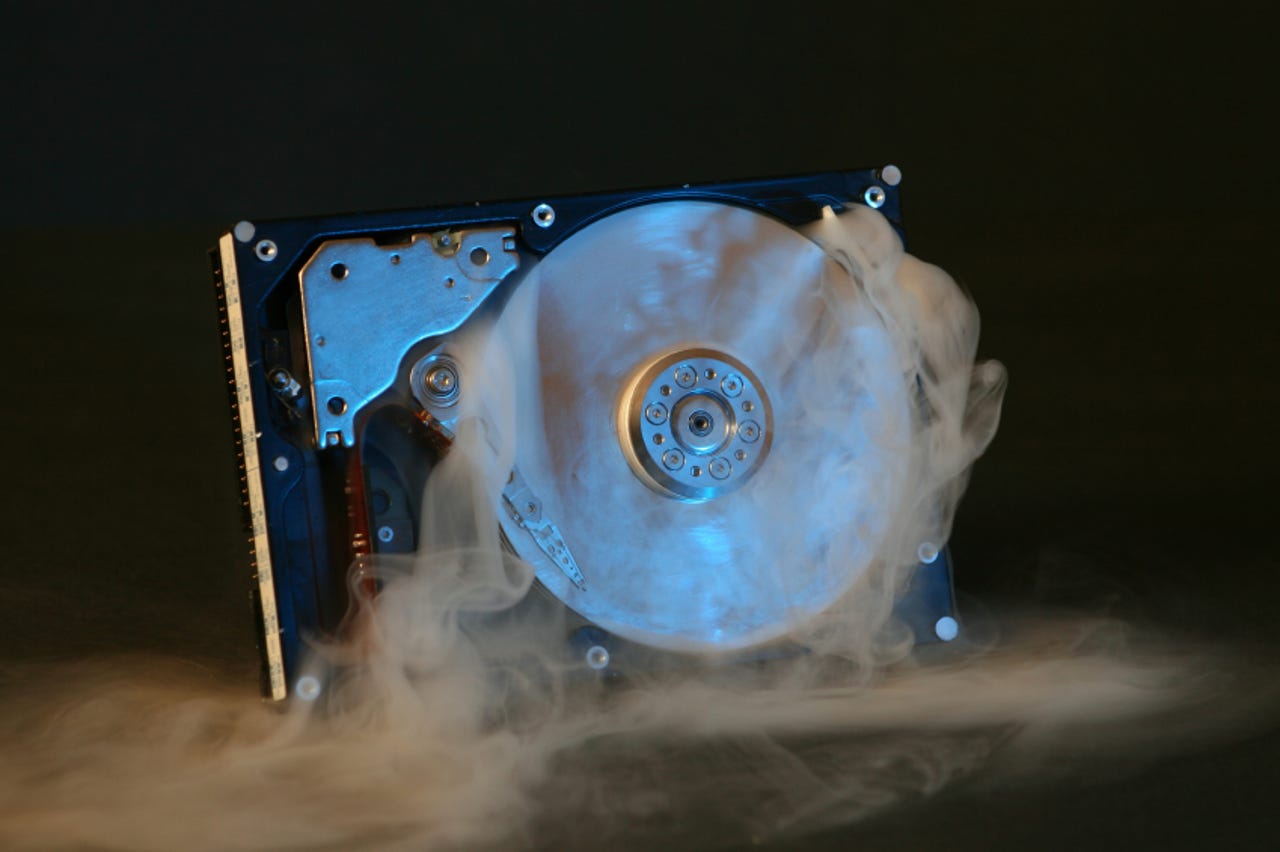Disk drive reliability: What we've learned from a billion hours


Image: iStock
special feature
I've been a paying Backblaze customer for the last couple of years and a fan for even longer. The company has a relentless focus on easy-to-use software and unlimited backup storage. I use over 2TB of Backblaze storage for encrypted backup data.
This morning they've released their latest three years of disk drive data from over 60,000 drives. While much notebook primary storage is now SSD-based, hard drives remain a great way to backup data inexpensively.
Backblaze uses consumer hard drives almost exclusively, since more costly enterprise drives aren't more reliable. That's good for those of us, like me, who use multiple consumer hard drives for local backup.
The good news
Backblaze has seen steadily increasing drive reliability over the last three years. Here's their overall reliability by vendor:
Given those stats Backblaze accumulates over half their drive hours on HGST (a division of WD) drives, with Seagate accounting for another 45 percent of drive hours. Toshiba and WD account for the remainder.
The bad news
While overall reliability is getting better, the newer 6TB WD drive has an above average failure rate - which may be due to new production line startup issues - although Seagate's 6TB drive isn't seeing those problems. The other drives with high failure rates are older models, such as the 4TB Barracuda, which is out of production.
The Storage Bits take
The Backblaze data is most valuable to volume buyers of 3.5" drives. If you're only buying a few drives you might encounter the small number of drives that fail due to a quality or mishandling problem. Buying quality drives is no substitute for a robust backup process!
Despite that risk, I look for the more reliable models when I add to my drive collection, which is currently over 25TB of capacity. Overall though, these reliability stats show what an incredible job the hard drive industry has done in building reliable high capacity drives.
Modern hard drives are engineering and manufacturing marvels that play a crucial role in IT and cloud infrastructure. For $20 to $30 per terabyte they are a bargain. Buy lots to maintain multiple copies of your crucial data.
Courteous comments welcome, of course. You can grab all of the Backblaze data here.